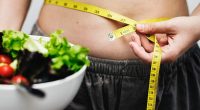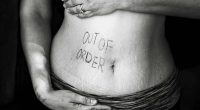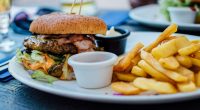Nutrition News & Views
Food Truths… and Half-Truths
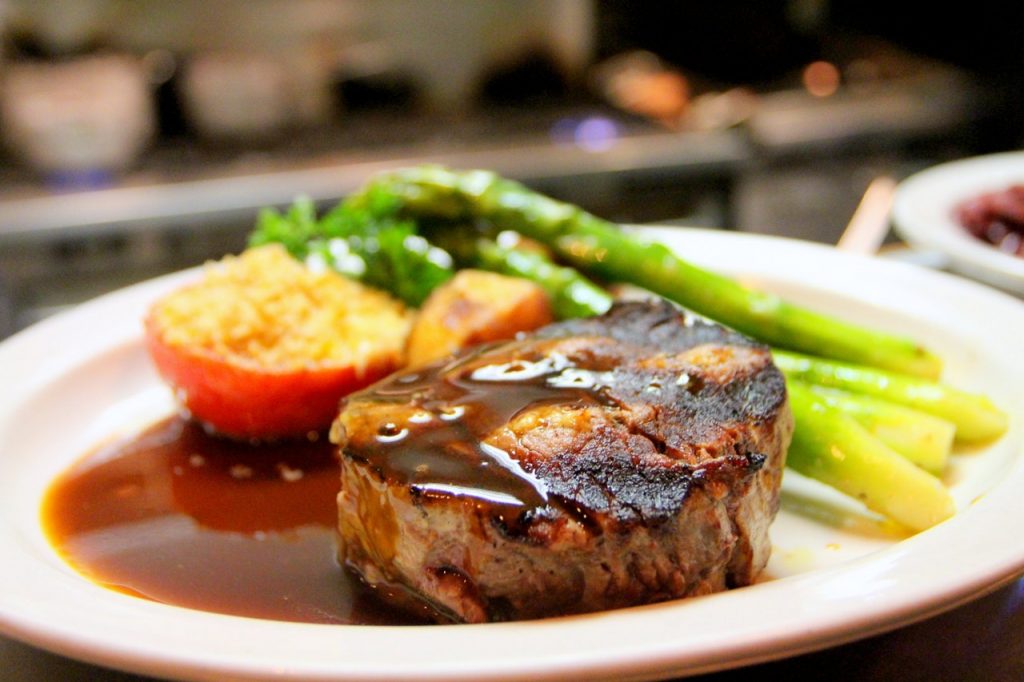
To paraphrase a common saying about statistics, there are "lies, damned lies, and calories." There are many popular myths around food and dieting that are just that – myths - or more correctly, half-truths. Here are some of the commonly-held beliefs about food, dieting and weight control that are true… but only in part.
Give up all your favorite foods to lose weight
The saying is probably correct in that if you don’t enjoy your food as much, you may eat less overall… which will help weight loss.
"Favorite foods" is usually taken to mean those addictive deep-fried, sweet or high-carbohydrate foods that many of us eat almost every day (looking at you, hot chips and cake). It’s a great idea to limit these foods, but you don’t have to give them up completely. Think of them as treats rather than everyday staples, have them occasionally and in reduced portion sizes.
Weight loss involves both reducing the amount of food calories you take in, and increasing exercise so the food is "burnt" efficiently by your body. If you "burn" more calories than you take in, you lose weight.
Don’t forget that many favorite drinks – notably beer – can also add to the waistline, so go easy raising the glass… unless it’s water.
Bread, rice and pasta are fattening
Another half-truth. Highly-refined bread with added sugar can certainly be fattening if you eat several slices every day, as can regular indulgence in huge bowls of pasta or rice. Once again it’s a case of quantity as well as quality.
The carbohydrates in grains are necessary in a balanced diet to provide energy for the body, as well as providing fibre (important for gut health), iron, and other nutrients.
Substituting whole grain breads for white, and likewise brown rice and wholewheat pasta for their refined versions is a good way to maximise nutrition and also to feel fuller, so you don’t eat so much, which aids weight maintenance and weight loss.
Gluten-Free is healthier
Correct – IF you are sensitive to gluten, such as sufferers of coeliac disease, a cruel condition where the body’s reaction to gluten can cause bloating, abdominal pain, diarrhoea and various other nasty effects.
For most of us, gluten is tolerated well by the body, so there is no need to choose gluten-free breads and grains. In a non-sensitive person, cutting out gluten can actually reduce the fibre, vitamins and minerals that whole-grains contain and that are important part of a proper diet.
Avoid all fats to lose weight and be healthier
Fats are important energy source and are also used by organs such as the brain and nervous system. Fat layers within the body insulate and protect our organs and act as a reserve against starvation – a legacy of early human development when food wasn’t in such ready supply.
Fats contain cholesterol, usually thought of as being very, very bad. In fact, there are two types of cholesterol: HDL and LDL, both being important for proper body function. However, modern-day fatty foods are usually high in the LDL type, which the body only requires in small amounts, excess being stored and leading to the common problems of weight gain, clogged arteries and heart disease.
You can eat moderate amounts of fat and be both healthy and lose weight – it’s a matter of eating mostly "good" fats high in HDL cholesterol, such as avocadoes, nuts and olive oil. Avoiding large amounts of "bad" fats such as deep-fried food limits the buildup of LDL and helps maintain or reduce weight.
Cutting out any food group in isolation is not the answer to losing weight – weight loss depends on a balanced, controlled diet and exercise.
Dairy is fattening and unhealthy
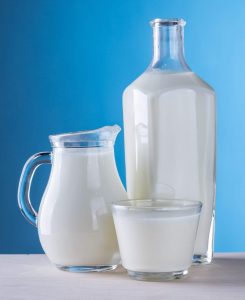 Again, it’s a case of yes and no. Large amounts of dairy food such as full-cream milk and cheese can contribute to weight gain, but moderate amounts provide essential minerals such as calcium, and vitamins such as vitamin D. While some other foods contain these nutrients, dairy foods are the best food group for them, and are an important part of a balanced diet.
Again, it’s a case of yes and no. Large amounts of dairy food such as full-cream milk and cheese can contribute to weight gain, but moderate amounts provide essential minerals such as calcium, and vitamins such as vitamin D. While some other foods contain these nutrients, dairy foods are the best food group for them, and are an important part of a balanced diet.
To help lose weight, lower-fat products, such as low-fat milk, can be substituted for regular versions to reduce overall fat intake while providing vital nutrients such as calcium.
Dairy foods are definitely not unhealthy unless you are intolerant to lactose – the sugar in cow’s milk. Lactose-free milk or fortified soy milk are good alternatives, although be prepared to adapt to the different taste.
Becoming vegetarian is good for health and weight loss
This is leaning more to the correct side of the ledger than the others on this list. Because of the fibre bulk in vegetables, you may eat less and therefore more easily control weight – assuming you don’t add lots of sugar and plant-based fat such as coconut cream.
As a nation, Australians eat much more red meat than is necessary for good health, at the expense of fruit and vegetables. There is mounting evidence that this is contributing to cancer and some other diseases, not just from the meat itself, but also the cooking processes used to prepare it.
But going completely vegetarian – avoiding all protein-rich meat and fish - can deplete your diet from important nutrients such as iron and Omega 3 oils. Luckily, these can be supplied from plant-based alternatives such as nuts, dark green leafy vegetables, and oils such as olive and canola oil.
However, red meat and fish are far more efficient sources of many nutrients than are plants. The iron in a small serve of red meat (for example a 250 gram scotch fillet) is readily absorbed by the body; while vegetables such as kale, silverbeet and spinach contain as much iron as the meat, the plant-based iron is not as readily-absorbed, meaning a much larger portion of vegetables must be eaten to provide approximately the same amount of iron to the body.
Similarly, you would need to eat 2 cups (260 grams) of dried apricots to have the same iron benefit as one 250 gram steak. One possible plus is that the laxative effect of all those apricots would certainly help you lose some weight!
In short, you need to eat a lot more plants to get the same amount of nutrients you can get from modest serves of meat and fish.
While there is nothing wrong with "going vego," for most people a more balanced approach to health and weight control is to reduce the portion sizes of animal protein you eat and add some extra vegetables and fruit.
The best of both worlds.
Natalia Knezevic is a dietitian in Orange, New South Wales, providing practical advice for common nutrition problems.

